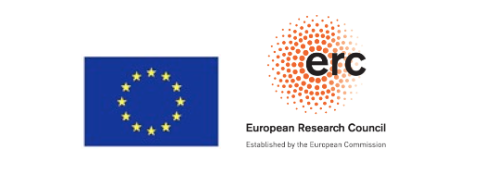The high cost and poor performance of certain components of redox flow batteries (RFB) such as the ion-exchange membrane, along with material toxicity, fluctuating prices, and limited availability of vanadium active compounds, are hindering the widespread adoption of RFB in the market. Our 3-Phase-BAT ERC-PoC involves the development of a new type of membrane-free RFB which does not require the use of any membrane since the electrolytes are separated by thermodynamics eliminating the requirement for a physical barrier. Moreover, the vanadium species are replaced by organic redox compounds that are abundant, less expensive, and present tuneable properties. Specifically, 3-Phase-BAT proposes the use of a three-phase immiscible liquid system, where the top and bottom phases serve as redox electrolytes, separated by an electrochemically “inert” intermediate liquid phase that replaces the costly ion-exchange membrane.
This new technology builds upon insights gained from the MFreeB ERC-CoG project, led by Dr. Rebeca Marcilla, devoted to membrane-free RFBs using immiscible biphasic systems. The 3-Phase-BAT ERC-PoC aims to address challenges related to low efficiency and limited energy density by incorporating a third immiscible intermediate phase, effectively preventing the detrimental self-discharge commonly seen in flow battery technology. This ERC-PoC offers a tremendous opportunity to i) validate this novel technology, ii) explore scaling up as part of the technology transfer process, and iii) define an exploitation pathway to transition our 3-Phase-BAT technology from the lab to industry, with the goal of accelerating market access within 5 years.
Partners: IMDEA Energy Institute (Spain)
Funding Institution/Program: This project has received funding from the European Research Council (ERC), within the European Union’s Horizon Europe Research and Innovation program under grant agreement Nº 101213311.
Call: ERC-2024-POC
Type of action: Proof of Concept Grant
Period: July 2025 – December 2026
IMDEA Energy Institute external funding: 150.000 €
Principal Investigator: Dr. Rebeca Marcilla



